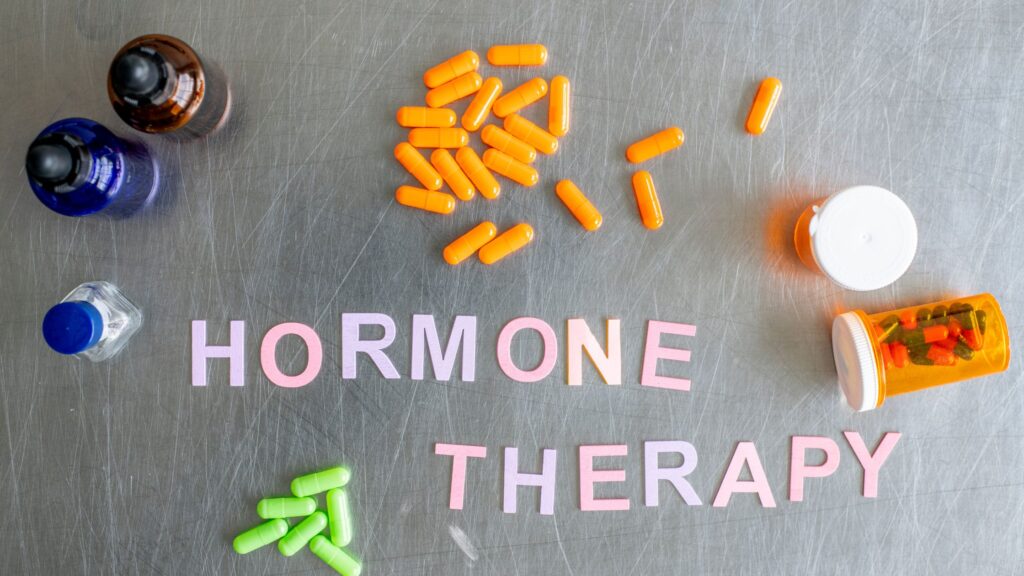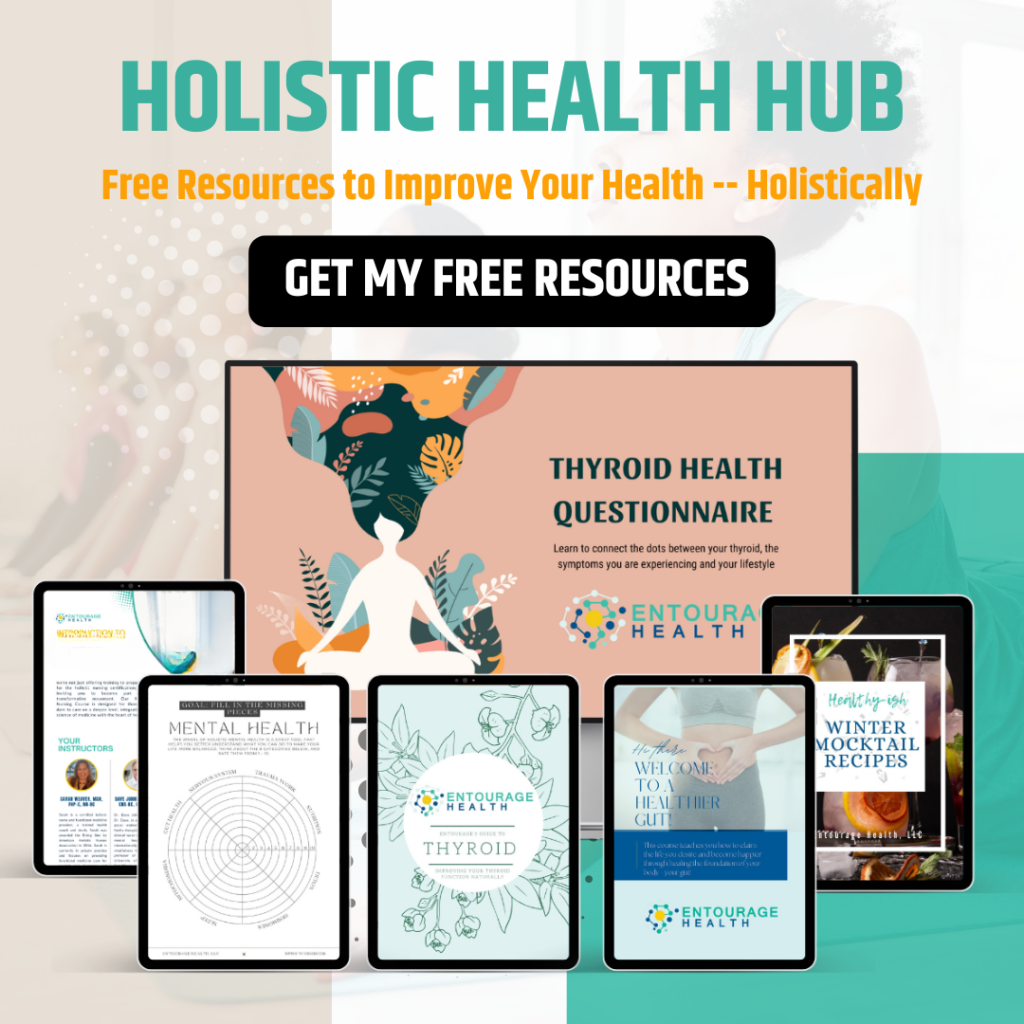The journey through menopause can be significantly smoother with an understanding of hormonal therapy options. Among these, bio-identical hormones have garnered attention for their “natural” appeal compared to traditional Hormone Replacement Therapy (HRT). In exploring these options, the role of hormone testing (through blood, saliva, and urine) cannot be overlooked, as it plays a crucial part in personalizing treatment and minimizing risks. Let’s dive deeper into understanding these therapies, their testing methods, and how to figure out the best approach for you.
Bio-Identical Hormones vs. Traditional HRT

What are Bio-Identical Hormones?
Bio-identical hormones are designed to be chemically identical to the hormones naturally produced by your body. They are mainly derived from plant materials and tailored to match your individual hormone levels, aiming to provide a personalized treatment approach.
Traditional Hormone Replacement Therapy (HRT)
Traditional HRT typically uses synthetic hormones or those derived from the urine of pregnant horses to replace or supplement hormones that are no longer being adequately produced by the body. The aim is to alleviate menopausal symptoms and reduce the risk of osteoporosis.
The Importance of Testing: Blood, Saliva, and Urine
Understanding your specific hormonal needs is vital, and testing provides the roadmap. Here’s how different types of tests can help in tailoring hormone therapy:
- Blood Testing: Provides a broad overview of hormone levels circulating in your bloodstream. It is widely used and accepted in the medical community for diagnosing hormonal imbalances.
- Saliva Testing: Measures the levels of free and bioavailable hormones (hormones that are active and usable by your body). Proponents argue it may better reflect the levels of hormones that actually influence bodily functions at the cellular level.
- Urine Testing: Offers a comprehensive look at hormone metabolites over a 24-hour period, providing insight into how your body is processing hormones. Urine testing can reveal patterns of hormone use and metabolism, which can be critical in tailoring therapy.
Each testing method has its advantages and can complement the others to provide a comprehensive picture of hormonal health.
Benefits and Respective Risks
Benefits of Hormonal Therapies
- Symptom Relief: Both bio-identical hormones and traditional HRT can significantly reduce menopausal symptoms like hot flashes, mood swings, and vaginal dryness.
- Bone Health: They can help in protecting against bone loss and reduce the risk of osteoporosis and fractures.
- Heart Health: When started early, HRT might provide some protection against heart disease.
Potential Risks
- Cancer Risk: There’s an association between certain hormonal therapies and increased risks of breast and endometrial cancer, particularly with long-term use.
- Cardiovascular Issues: Risks of blood clots and stroke might increase, especially in older women or those with risk factors.
- Irregularities and Side Effects: Hormonal therapies might cause bleeding irregularities, headaches, bloating, and mood changes.

How Testing Can Help Decrease Risk Factors
- Individualization of Therapy: Hormone testing allows for therapy to be customized to individual needs, reducing the risk of over- or under-treatment.
- Monitoring: Regular testing can monitor hormone levels, effectiveness of treatment, and help in adjusting dosages accordingly.
- Early Detection: Monitoring changes in hormone levels can help in detecting and mitigating potential side effects or risks early on.
Deciding If It’s Right for You
Making an informed choice about hormonal therapy involves a few considerations:
- Symptom Severity and Health Impact: Assess how menopausal symptoms are affecting your quality of life.
- Personal and Family Health History: Take into account your personal risk factors and family history, particularly concerning cancers and cardiovascular disease.
- Information and Testing: Get comprehensive hormone testing and consult with healthcare professionals to understand your options fully.
- Preference for Natural vs. Synthetic: Consider your comfort level with synthetic hormones versus those labeled as “natural.”
- Ongoing Evaluation: Be prepared for regular follow-ups and testing to adjust your therapy as needed.
For additional information about hormone health and perimenopause, register for The Yoni Connection Webinar Series or purchase the recordings.





